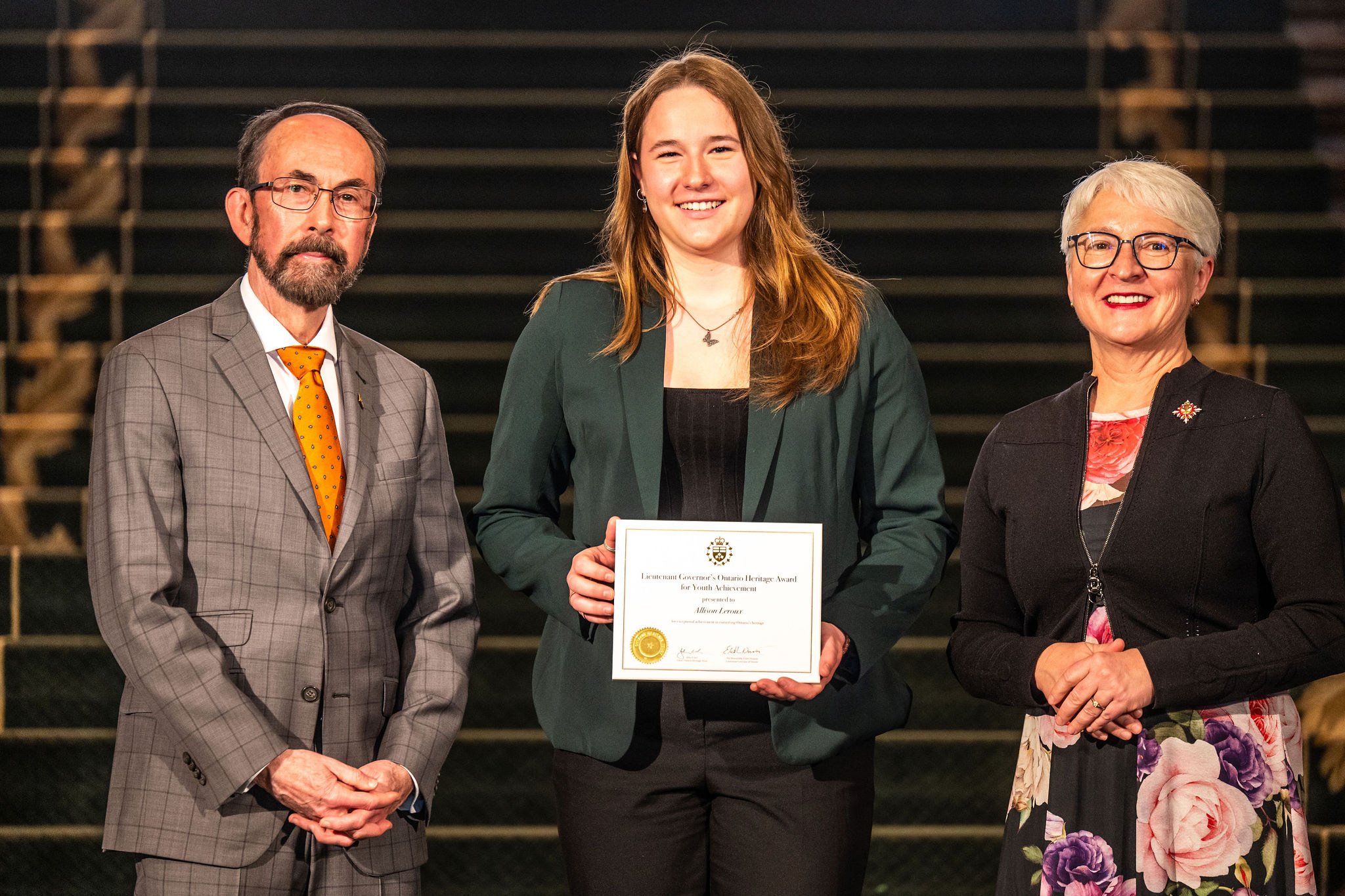The History of the Portuguese in Mississauga
/Gil Pimentel and others with the Leaver company truck
The first immigrants of Portuguese birth came to Mississauga in May of 1954, coming predominantly from the islands of Azores and Madeira, which lie off the western coast of Portugal in the North Atlantic Ocean. The Leaver Mushroom farm in the Lakeview area of Mississauga was the first steppingstone for Portuguese immigrants to Mississauga. It provided them with work, steady income, community, and more importantly, room and board.
Over time, the mushroom farm became a small Portuguese village where people from the same island or village lived with people who spoke their native language. The owner, Lloyd Leaver, would write a letter detailing the number of workers that the farm needed, and the Portuguese foreman would send this back to his contacts in Portugal. The farm village was mostly inhabited by men, who would move out of the boarding houses and into the surrounding Lakeview area once they were joined by their wives and children. The arrival of new workers was always an occasion for gathering and celebration, as they came bearing news of home and family.
Former Leaver Mushroom Office Building, Lakeview
Working on the farm and saving most of their wages provided the newly arrived immigrants a measure of financial security and allowed them to transition to home ownership. Once this had been achieved, rooms were rented in the family home to people from the native area at a discounted rate. It is because of this type of community support that the immigrants’ choice of city, neighborhood, and even street was based on their predecessors.
By 1966, around 150 Portuguese families were living in Lakeview and Streetsville. Lakeview was an especially popular area as it was close to the mushroom farm, had housing at reasonable prices, and was located close to public transport which allowed travel to Toronto for sociocultural events as well as shopping at Portuguese import stores and visiting relatives.
Leaver Mushroom Farm, Stanfield Road, c1940
As Mississauga’s Portuguese community continued to grow, Portuguese cultural institutions sprang up around the city. In March 1971, the Portuguese-Canadian Integration Movement was founded in Streetsville. Its main goals were the preservation of Portuguese culture, and helping Portuguese people to integrate into Canadian society. The Portuguese Club of Mississauga, now known as the Portuguese Cultural Centre of Mississauga, was founded in 1974 to serve a similar purpose.
By the seventies, the classic method of Portuguese immigration to Canada, which saw immigrants in Toronto cluster together into cultural communities, was petering out. The 1980s saw Portuguese influx to Mississauga spread out over a greater area than the one covered by the new Portuguese residents of the 1960s and 1970s.
Without doubt, Portuguese immigrants have been a significant component in the development and growth of the City of Mississauga over time.
Stay turned for additional programming from Heritage Mississauga in January as we explore components of early Portuguese settlement in our city.














